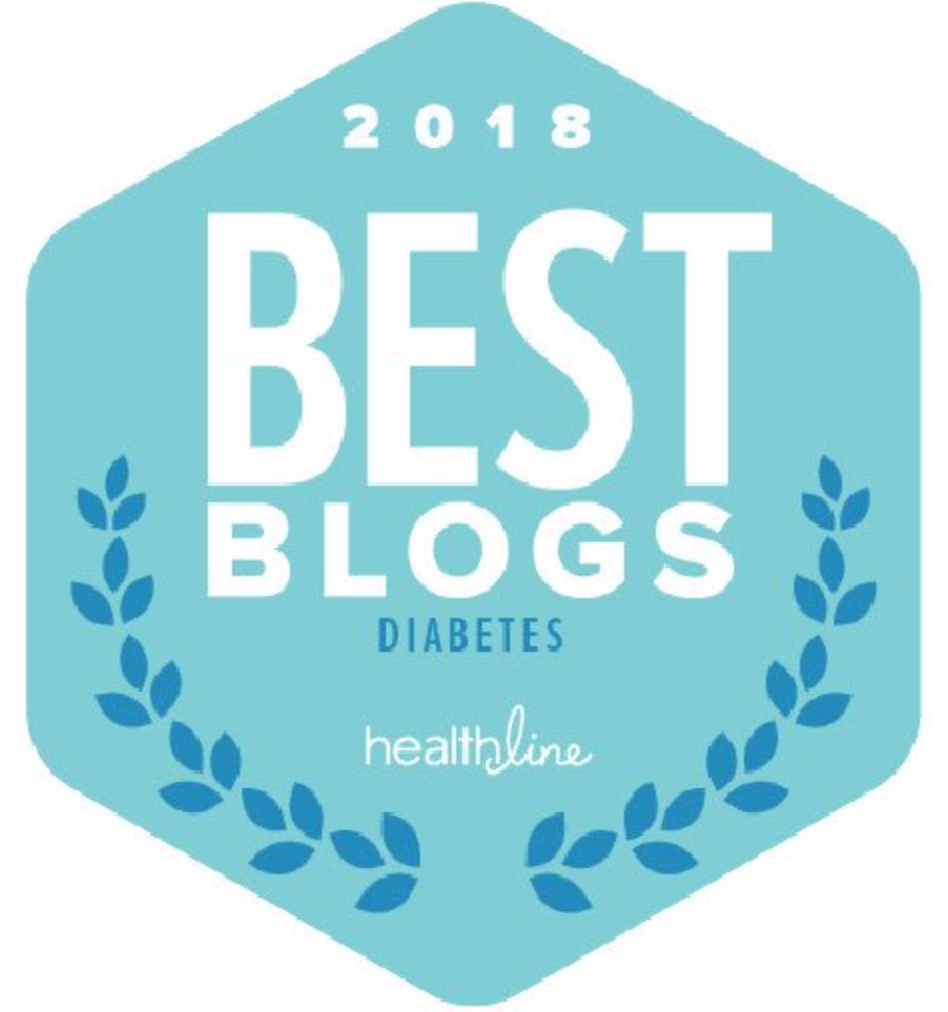I chaired an interesting session at the Roche Educators’ Day last week (it’s the kick-off event to ADS ADEA each year, held the day before the official conference starts) presented by Sydney endocrinologist Professor Steven Boyages.
The session was called ‘A connected ecosystem for healthcare professionals and their patients.’ (We’ll just ignore the use of the word ‘their’ because, quite frankly, I don’t belong to my HCP, but this post is not about language, so let’s move on….)
Steven started by highlighting there is nowhere to hide when it comes to the online world and diabetes (or any healthcare, really) with this statement: ‘Be prepared: patients will already have looked you up on line.’ (Indeed – the first thing I did when asked to chair his session was Google Professor Steven Boyages. Then I found him on Twitter!) He went on to dismiss any luddite attitudes with the comment ‘If I can do it, you can do it!’
Other important points included that healthcare has – and continues – to move away from being a patriarchal system where what the doctor says goes. And that technology is here to stay. In the case of diabetes, more and more people are expecting their HCP to be as tech savvy as we are, not only knowing about the latest technology, but also being able to use it.
But perhaps the most controversial part of Steven’s talk was when he asked this question: ‘What business are we in?’ Voices across the audience responded with ‘Healthcare’, ‘Caring for people’, and even just ‘People’. He shook his head and paused. ‘No,’ he said. ‘We’re in the business of selling.’
And therein lies the challenge. Because when you look at it, it’s kind of true. HCPs are selling something – health. And to get there, we often need to make changes or do things we don’t particularly like. And that is a bloody hard sell. No one wants to follow directions all the time – especially if those directions include things like jabbing ourselves, or eating lots of green things. (In fact, Steven gave the example of GPs being asked to follow the same BGL monitoring they expect of PWD. Only two out of twenty managed to do it for the week of the trial.)
There needs to be a more attractive proposition and that has to incorporate the tools designed to make diabetes management easier. Those tools include devices and technology as well as communication channels. We expect our connectivity to be outside the 9 – 5 hours of the traditional office and, as Steven said, if we can’t get help from our healthcare team, we’ll find someone available. We already bypass HCPs for most of our decision making – whether it be through the use of technology or advice from peers.
Healthcare has been transformed in recent years, and it’s just the beginning. There will be more and more changes, and more and more expected of the system and those working within it. Which is why everyone needs to get smarter about using the devices, the structures and the data.
During the discussion time at the end of Steven’s talk, someone said, ‘But surely all these new apps and programs add time and we don’t have time.’ They were referring to the program that is used with a new blood glucose monitor. I was shocked at that comment, because it misses one of the key benefits to diabetes technology, so I was pleased with how Steven replied. ‘Not at all,’ he said. ‘In fact, if we are using the technology properly and empowering PWD to use it properly, they will be able to do a lot more of the trouble shooting themselves.’
Knowing how to use devices, understand the data and respond to the information has meant that I rarely need to get in touch with my HCPs outside of when I am actually having a consultation with them. Most of the time, I manage myself. Because I have the tools available and know how to use them.
Being in the business of selling health is indeed tough. The products being sold are not shiny new cars or the latest mobile phones. It’s often not something tangible that can be held up as something aspirational. But health? Surely that is something we all want. We just need some smarter ways to sell it – so that we are willing to buy!
DISCLAIMER
I was invited to chair two sessions at the Roche Educators Day last Tuesday at the ADS ADEA conference. Roche kindly funded my travel to the Gold Coast (my return travel and accommodation were covered by my work). Roche also registered me for the ADS ADEA conference, covering related costs. The also gave me a lovely box of chocolates, most of which I ate myself without sharing, because: chocolate!








2 comments
Comments feed for this article
August 30, 2016 at 11:15 pm
Richard Booth
Glad you liked the chocolates….
LikeLike
August 31, 2016 at 1:12 pm
Rick Phillips
We can never lose sight that we have two basic aims. Ours is to live, the companies is to sell. Now along the way our purposes often coincide, but our aims are always different. We cooperate when we can and we disagree when we must. So long as we remember this we can both satisfy our aims, after all, they are not mutually exclusive.
LikeLike